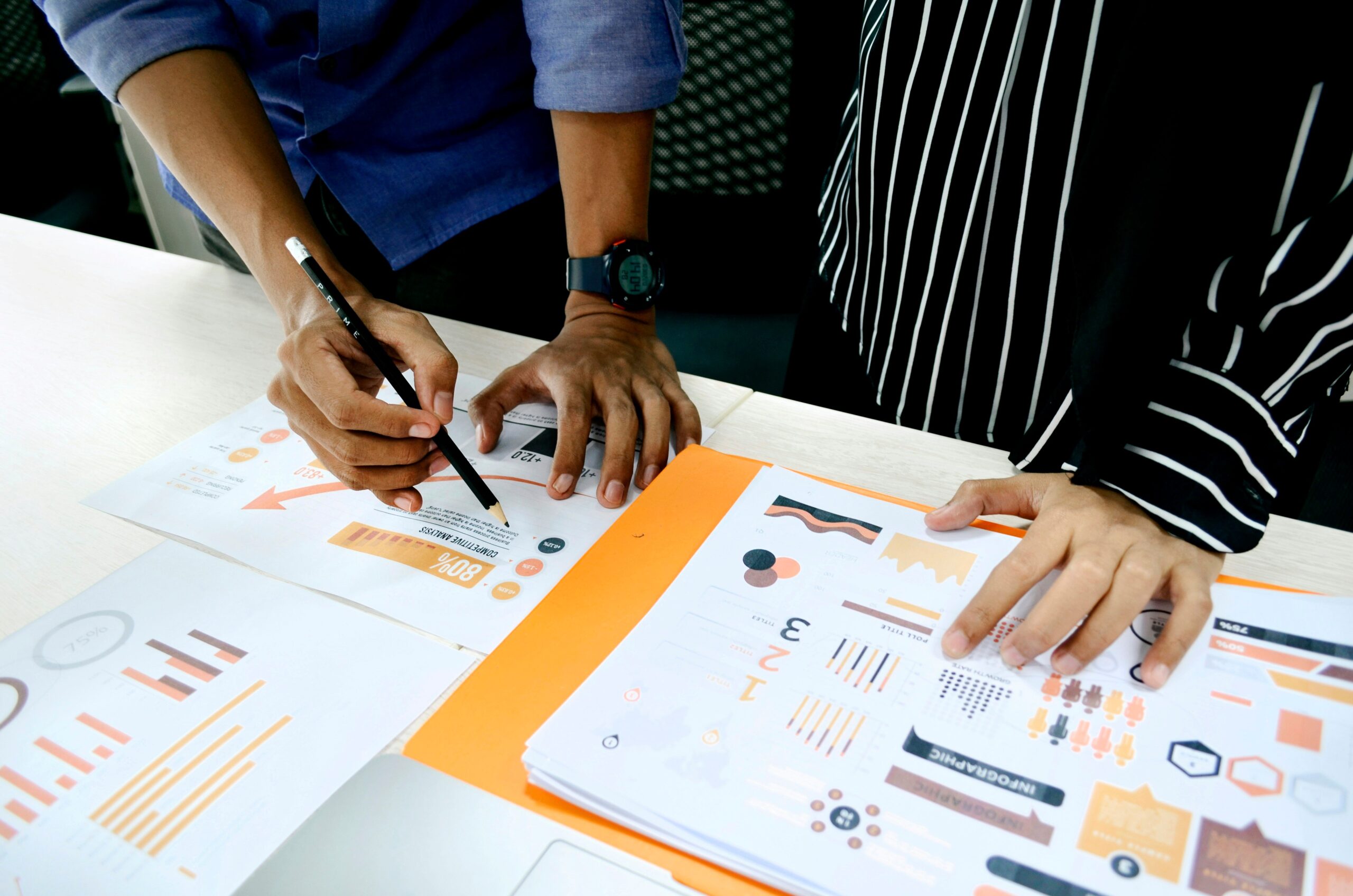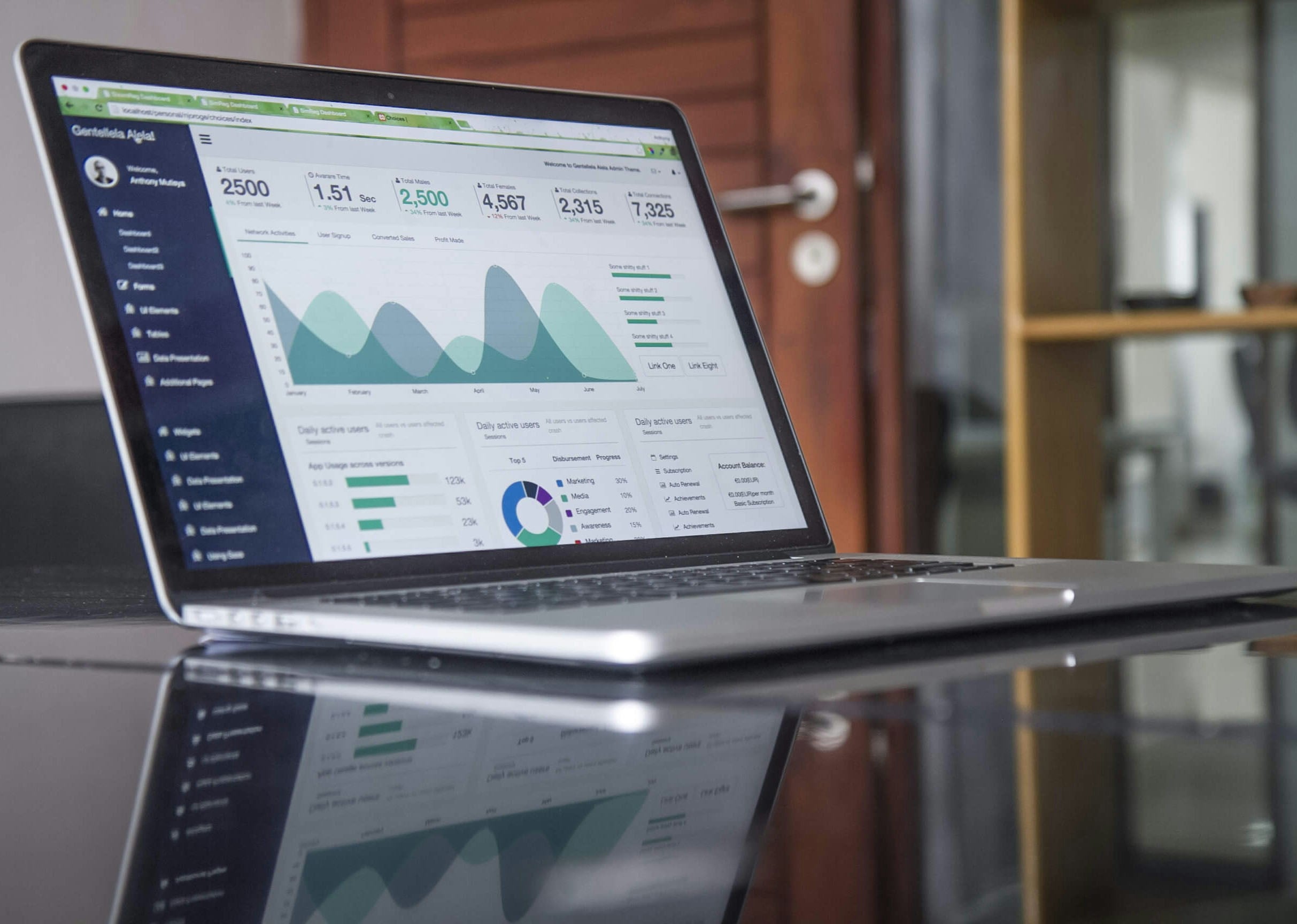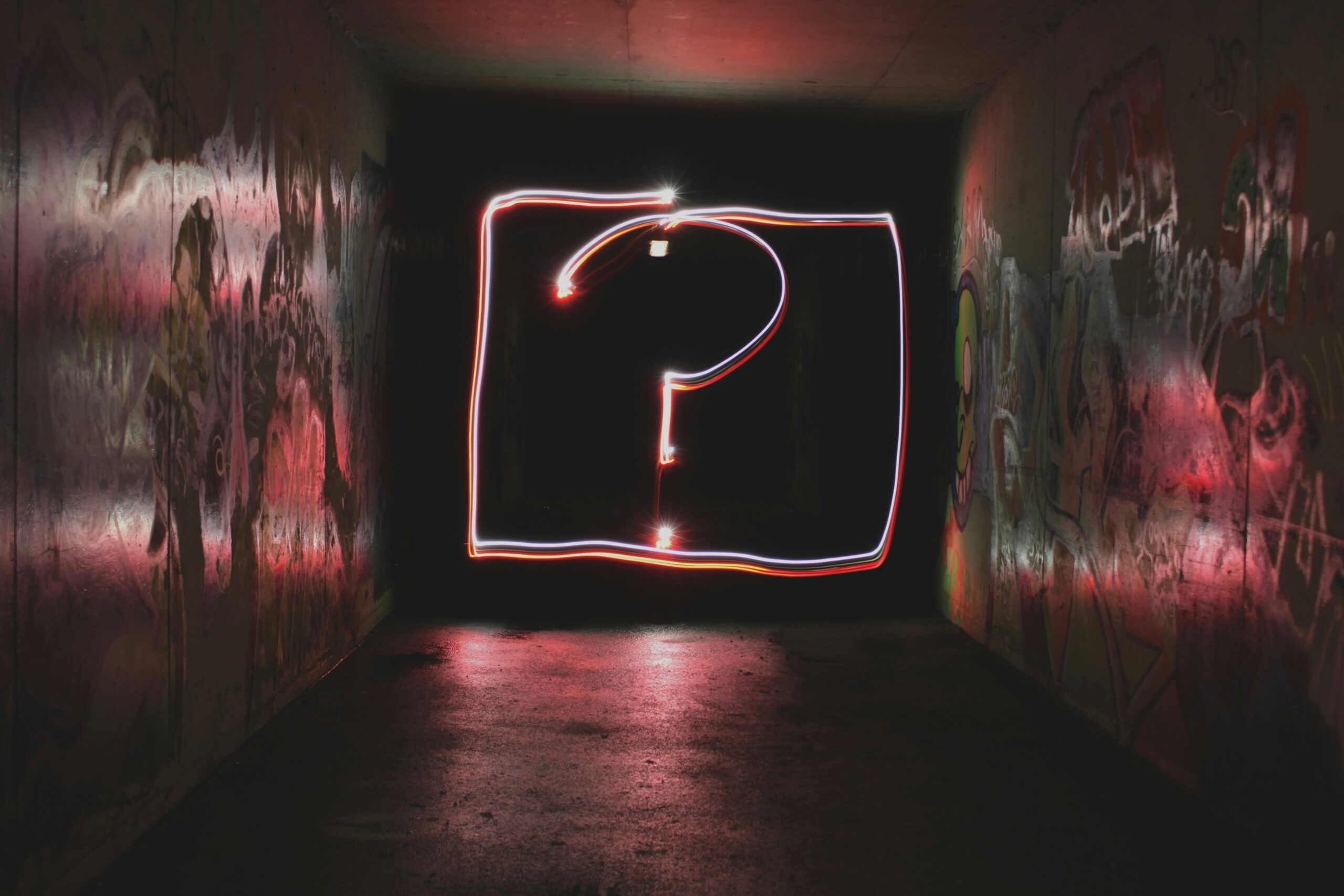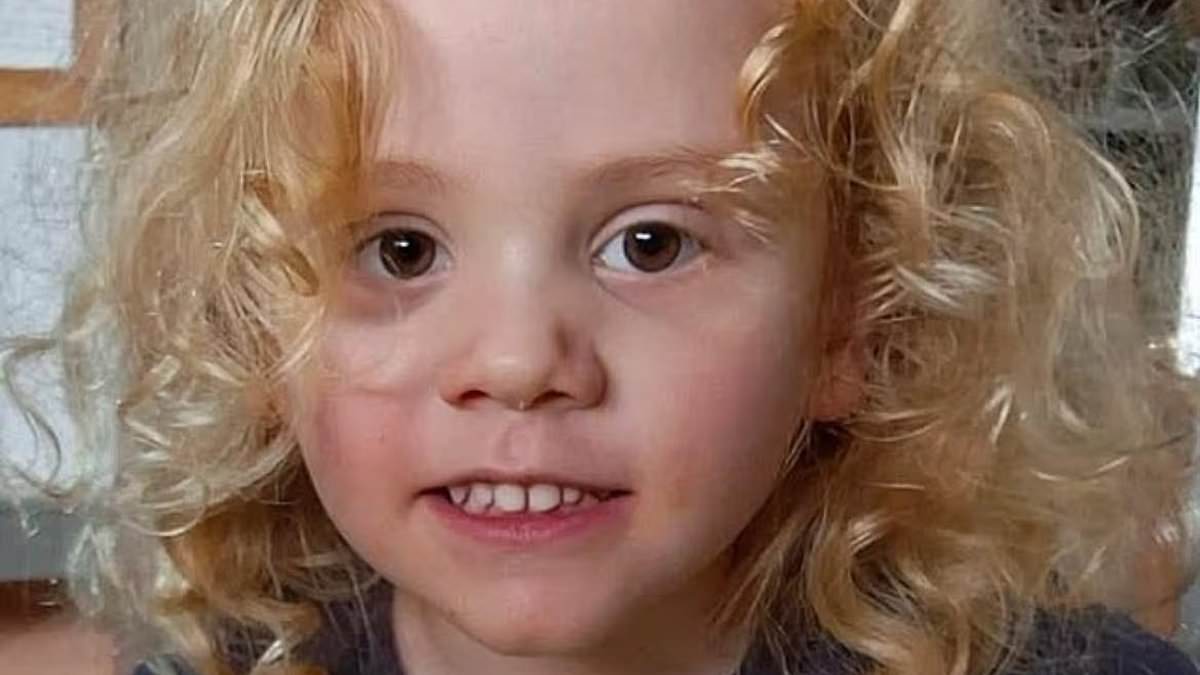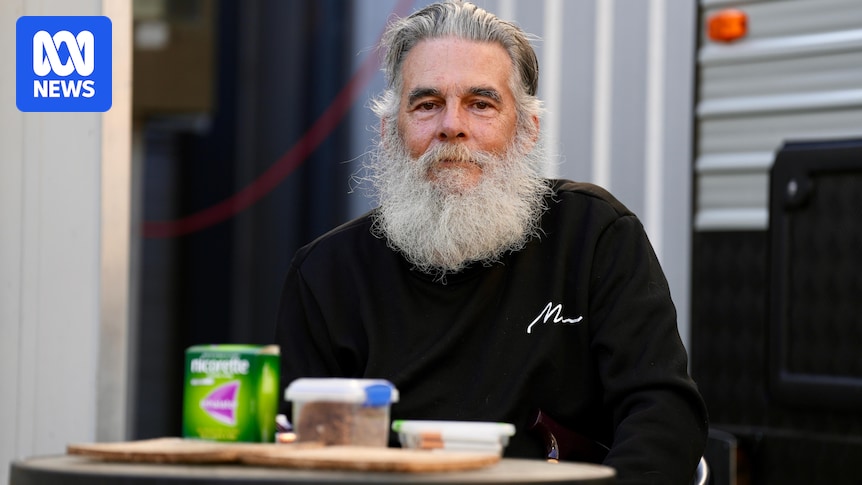
Jon Jon Jensen, a 58-year-old from country Victoria, has been a smoker for about 45 years. Six years ago, he turned to under-the-counter cigarettes, finding them “so readily available” that he could “get them almost anywhere.” Jensen is among many Australians purchasing illicit tobacco, a trade that has been expanding significantly in recent years.
In 2023, estimates suggested that illegal tobacco consumption might account for nearly 30 percent of the total tobacco market in Australia. However, these figures, provided by the legal tobacco industry, remain contentious. Despite government acknowledgment of the problem, there is a lack of consensus on how best to address it.
Price Disparities and Mixed Messaging
Unlike a pack of legal cigarettes, which costs around $40 for 20, Jensen buys a box of 100 illicit cigarettes weekly for just $30. “Everyone I know who smokes is buying illicit tobacco because of the price,” he notes. “It’s not exactly a hidden trade; it’s out in the open.”
The stark price difference is primarily due to the tax excise on legal cigarettes, which can constitute up to 70 percent of the retail price. University of Sydney public health professor Becky Freeman highlights that despite low smoking rates, illegal tobacconists are “popping up everywhere” because “cigarettes are so incredibly profitable.”
The Australian government currently earns about $7.4 billion from tobacco excise, a decline from $12.6 billion in 2022-2023 and $16.3 billion in 2019-2020. Federal Treasurer Jim Chalmers attributes this drop to two factors: fewer people smoking and the challenge of illegal tobacco.
Policy Divergence and Enforcement Challenges
While Treasurer Chalmers has ruled out lowering the tax excise on cigarettes, New South Wales Premier Chris Minns argues that high costs push citizens into the black market. “We have to make a decision about what the best use of police resources are,” Minns stated, questioning whether policing should focus on domestic issues or regulating tobacco.
Professor Freeman warns against lowering the tobacco excise, suggesting it would reward retailers who flout the law. “If the government were to lower the tax excise, it would essentially have to remove it altogether to compete with the illicit market,” she argues.
“My concern with getting rid of the tobacco tax is we would make smoking more appealing and undermine public health gains,” Freeman adds.
Fei Gao from the University of Sydney Business School believes that while multiple steps are necessary to tackle the black market, lowering the excise is crucial. “When something is so expensive from the legal market, the illicit market will grow,” Gao says, emphasizing the need for expert collaboration to address the issue effectively.
Legislative Measures and Future Directions
This month, New South Wales and Victoria introduced tobacco licensing laws, requiring businesses to apply for a license to sell cigarettes. However, Professor Freeman insists that legislation must go further, suggesting immediate shutdowns of shops selling illicit tobacco and imposing hefty fines on business owners and landlords.
Jensen, who has reduced his smoking from 90 to less than 20 cigarettes a day, aspires to quit but finds nicotine replacements “too expensive.” He wishes the excise collected on cigarettes would subsidize nicotine replacement therapies. “I can’t afford the nicotine replacement therapy that goes with it,” he laments.
Government Initiatives and Public Health Implications
The Albanese government introduced the Illicit Tobacco and E-Cigarette Commissioner (ITEC) role on July 1, 2024, to coordinate national efforts against illicit tobacco. In a statement, the ITEC emphasized the need for a coordinated response across jurisdictions to combat criminal networks involved in the trade.
“Criminal networks don’t stop at borders, and neither should the response,” the ITEC stated, underscoring the importance of national policies and enforcement efforts.
As for Jensen, he plans to continue smoking illicit tobacco until the price of inhalers drops. “If they’re serious about getting us to quit smoking, make quit-smoking products cheaper,” he asserts.
The ongoing debate over how best to tackle Australia’s illicit tobacco trade reflects broader challenges in balancing public health priorities with economic realities. As policymakers and experts continue to grapple with these issues, the future of tobacco regulation in Australia remains uncertain.


